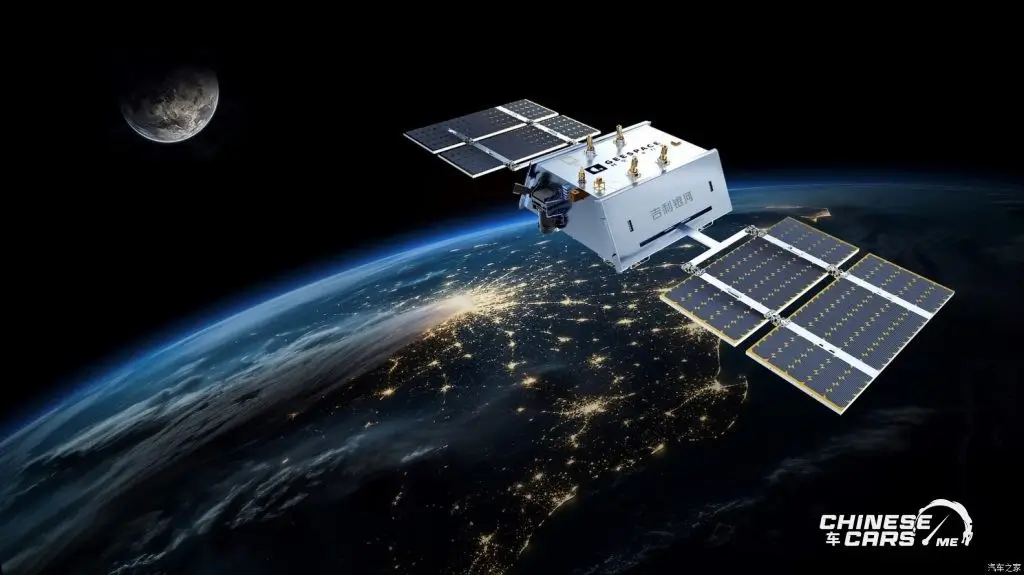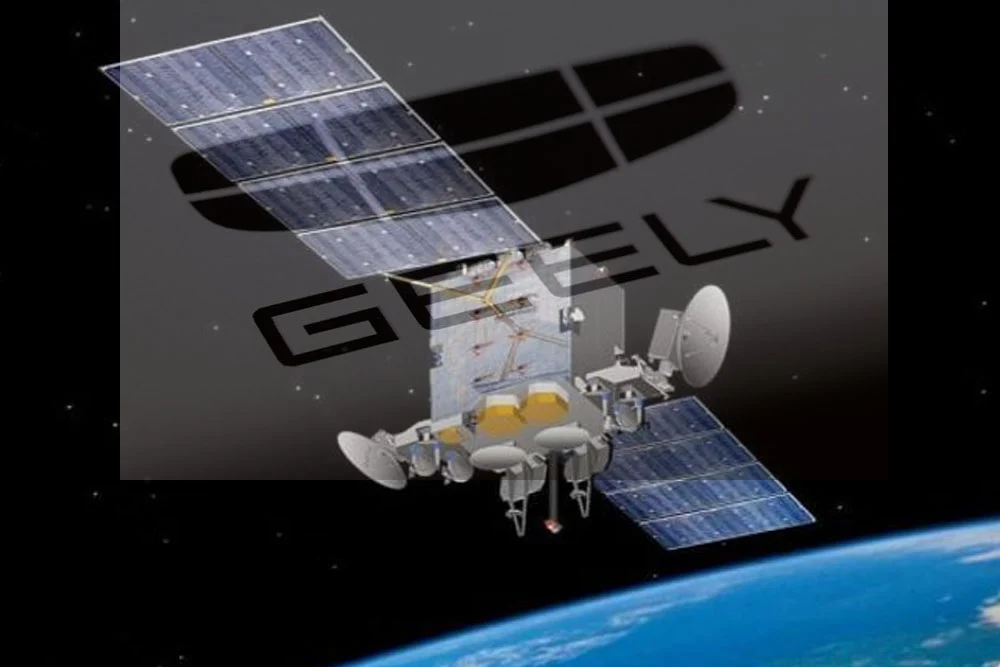Geely, the Chinese automotive giant, has made a significant leap into the aerospace sector by launching eleven Geely-02 satellites into low Earth orbit, this move is part of the company’s ambitious plan to enhance precise navigation capabilities for autonomous vehicles, the satellites were launched aboard a Long March-2C rocket from the Xichang Satellite Launch Center in Sichuan province, marking a bold step by Geely into the realms beyond automotive manufacturing.

Expanding Geely’s Satellite Constellation
The company has set its sights on launching a total of 72 satellites by 2025, aiming to establish a constellation of 240 satellites, this initiative represents Geely’s second launch operation, following the first batch of satellites dispatched in June 2022, Geely’s venture into space is designed to revolutionize navigation and connectivity across various digital life aspects.
Beyond Autonomous Driving: A Versatile Satellite Network
While primarily supporting high-precision location services for self-driving cars, Geely’s satellite network also caters to other commercial functions, including communication features for consumer electronics, the satellites are equipped with remote sensing capabilities powered by artificial intelligence, offering clear, high-resolution imagery for remote sensing within a range of one to five meters, this technological advancement promises to redefine accuracy in autonomous driving and beyond.
China’s Growing Private Space Sector
China’s military has traditionally dominated the country’s satellite networks. However, the government opened the space industry to private investment in 2014, this move by Geely is not only a significant leap for the company but also a milestone for China’s thriving private space sector, since 2014, the country has witnessed a surge in commercial space ventures, with a majority focusing on satellite manufacturing, while others aim to develop small launch vehicles, including reusable rockets.
Beijing’s Vision for an Integrated Satellite Network
In its latest five-year plan, Beijing called for the creation of an integrated network of communication, remote sensing, and navigation satellites, with over 400 satellites already in space, including those commercially owned, China is rapidly expanding its presence in the global space industry.
Geely’s entry into satellite technology underscores the automotive industry’s evolving landscape, where companies are increasingly crossing traditional boundaries to embrace new technological frontiers, this strategic move not only enhances Geely’s capabilities in autonomous driving but also positions the company as a key player in the broader context of global space and technology innovation.




